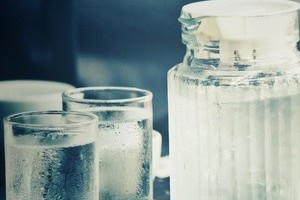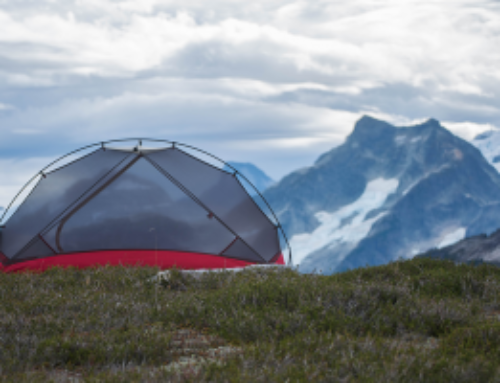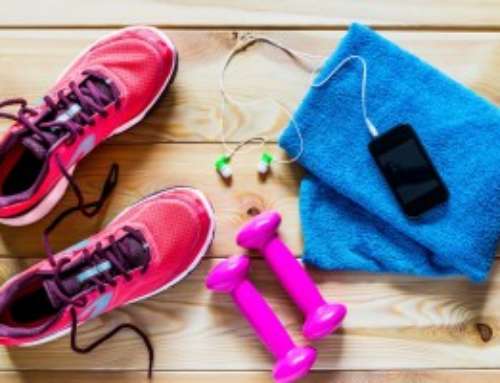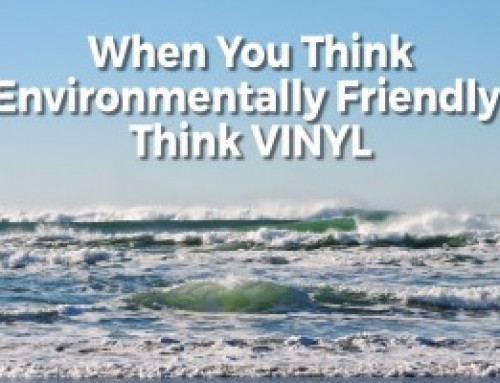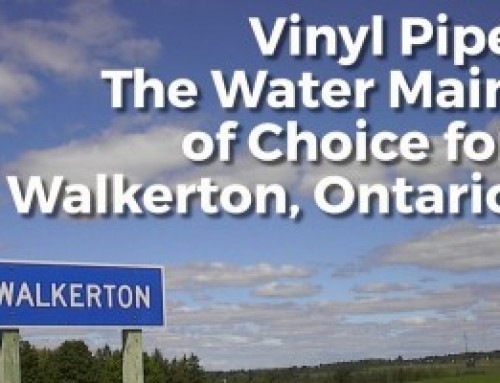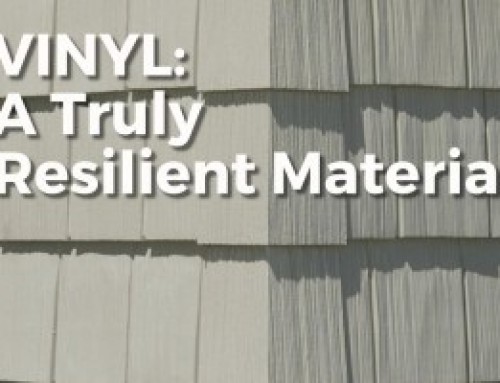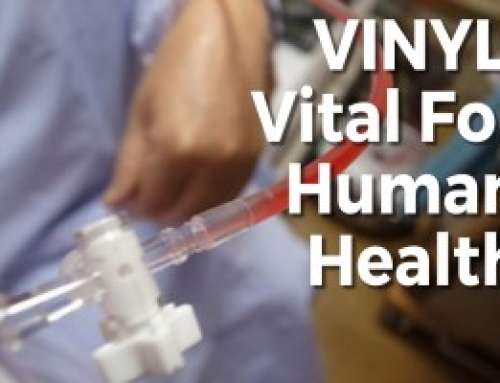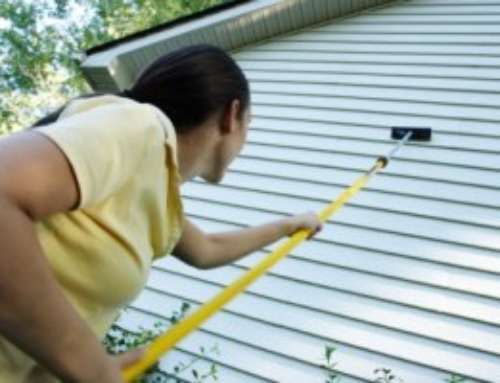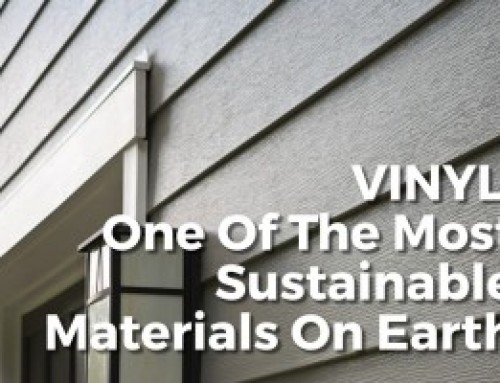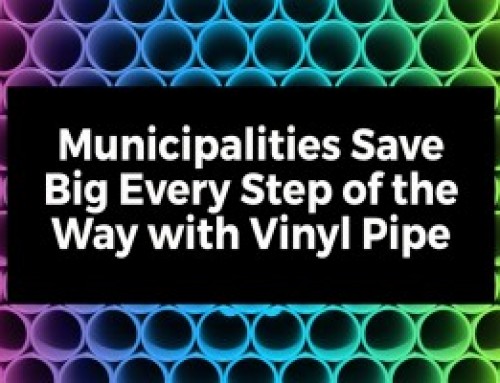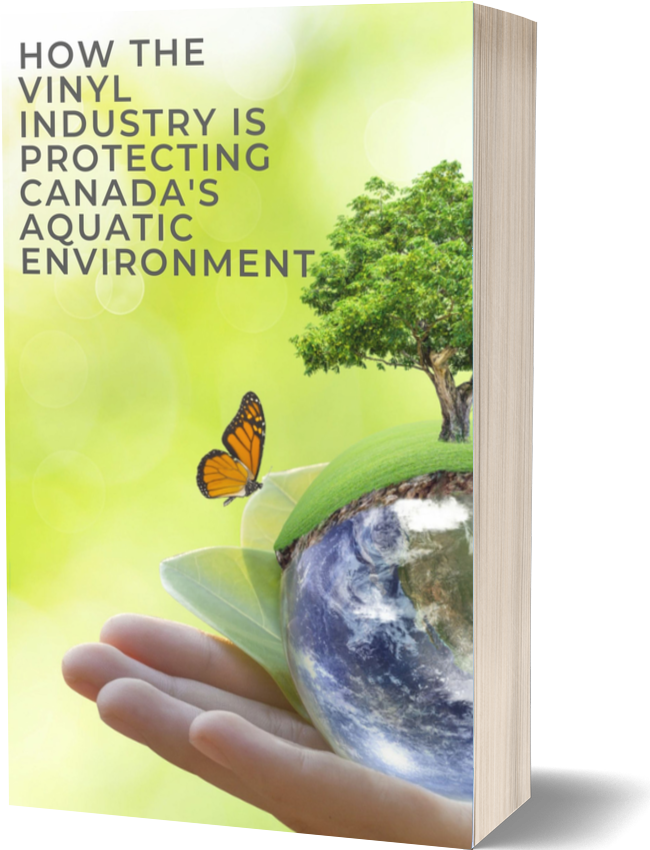
Here’s what we came up with: drinking, cooking, washing dishes and clothes, bathing, watering the lawn, filling the hot tub or pool (let us know when we can take a dip!), and water-balloon fights.
It all adds up
In 2011 (the most recent stats available), the annual water consumption per capita in Canada was 1,130 cubic metres. Not sure how much water that is? With 1,130 cubic metres of water, you can take 11,300 baths, take 33,900 showers or make yourself 4,520,000 cups of tea.
Surprisingly, we’re not the leader of the water-use list. The top spot goes to the United States, which pours out 1,630 cubic metres per capita. Compare those figures to that of the country with the least water use, Luxembourg, which drips in with 90 cubic metres per capita. It makes us thirsty just thinking about it.
We have a lot to learn about water conservation from the Luxembourgers. In the meantime, here are some ways to save water:
- Take showers instead of baths
- Install a reduced-flow toilet (or one that lets you select the type of flush you need)
- Turn off the tap while brushing your teeth
- Fix any dripping taps – replacing a single washer can save as much as 90 litres of water in one year
- Only run the washing machine or dishwasher when it’s full
How is all that water delivered to you?
In North America, 80% of municipalities use vinyl (PVC) pipes to deliver fresh clean water to people’s homes. The reasons why vinyl is chosen over other pipe materials are its safety, versatility and affordability.
Thinking about a renovation or upgrade?
Consider using PVC pipes for your home’s plumbing needs. PVC pipes are non-toxic, and the material resists bacteria (to keep your water clean) and withstands corrosion (which helps prevent exterior damage).
The material is durable, recyclable and sustainable – the production of PVC creates little waste and unwanted by-product, and PVC pipe can last up to 100 years. Plus, as municipalities have discovered, quality PVC piping and fittings offer cost savings when compared to their copper counterparts.
Water isn’t just important, it’s essential. We’ve shared some ways on how you can conserve it and protect it.
Now it’s your turn. Whether you’re from Luxembourg or not, do you have any cool tips for saving water?


